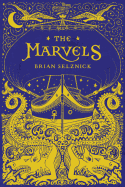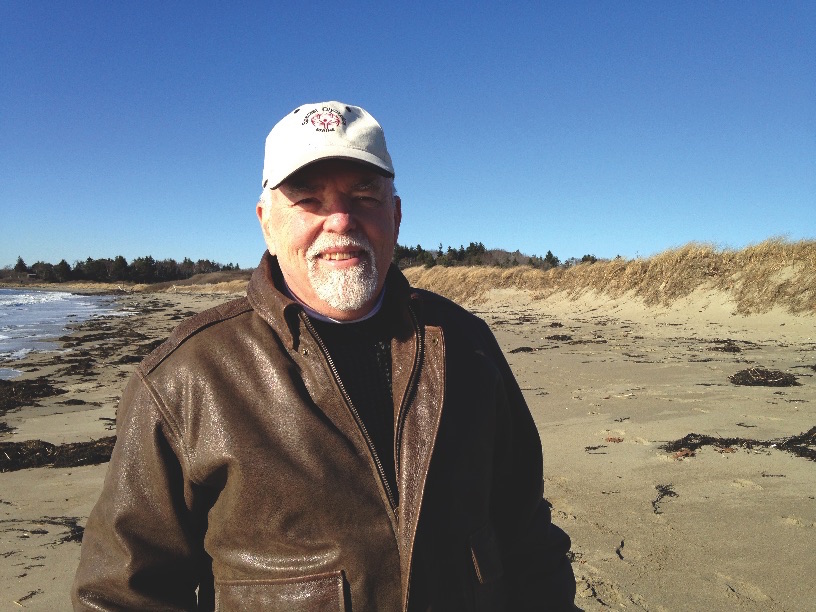 Son of Richard Eberhart, U.S. Poet Laureate and winner of the Pulitzer Prize and the National Book Award, young Dikkon Eberhart assumed writing would be his business, too. He wrote two novels: On the Verge (Stemmer House, 1979) and Paradise (Stemmer House, 1983), which were respected by the literary and the general press. The Time Mom Met Hitler, Frost Came to Dinner, and I Heard the Greatest Story Ever Told (Tyndale House, trade paper, June 23, 2015) lightheartedly recounts his family memories. The Eberharts have four grown children and two grandchildren, and live in a small town on the Maine coast.
Son of Richard Eberhart, U.S. Poet Laureate and winner of the Pulitzer Prize and the National Book Award, young Dikkon Eberhart assumed writing would be his business, too. He wrote two novels: On the Verge (Stemmer House, 1979) and Paradise (Stemmer House, 1983), which were respected by the literary and the general press. The Time Mom Met Hitler, Frost Came to Dinner, and I Heard the Greatest Story Ever Told (Tyndale House, trade paper, June 23, 2015) lightheartedly recounts his family memories. The Eberharts have four grown children and two grandchildren, and live in a small town on the Maine coast.
On your nightstand now:
John Sandford's newest, Field of Prey, is off the nightstand now because I finished it last week. Here is what's next: Fierce Convictions: The Extraordinary Life of Hannah More--Poet, Reformer, Abolitionist by Karen Swallow Prior; Roger Williams and the Creation of the American Soul by John M. Barry; The Eleventh Draft, edited by Frank Conroy.
Favorite book when you were a child:
Single favorite? Impossible question. For being read to--perhaps anything by A.A. Milne, with the Pooh books at the top and then mom's favorites among his poems, for dessert. Alternate: anything by Beatrix Potter, with The Tale of Squirrel Nutkin my favorite. When I began to read for myself--Beowulf, which I had in a slightly condensed and gruesomely illustrated edition, and which I read annually for years as an attempt to get back to the very beginning of our human tale, our tale of heroes and demons. Also, The Secret Garden by Frances Hodgson Burnett, because one of its principal characters is a pleasingly wild and exciting boy--named Dickon!
Your top five authors:
I've been so many different receivers of the written word during my almost 70 years that the answer to this question should be sorted by age range--for brevity, I'll cite one author per range. Teens--Arthur C. Clark; 20s--J.R.R. Tolkien; 30s--Bernard DeVoto; 40s--Samuel Eliot Morison; 50s--Tom Clancy; 60s--I'm not done with them yet, so I can't tell for certain--call me back later!
Book you've faked reading:
Moby-Dick by Herman Melville, when I was young. But then I did read it, finally, in my 20s, and since then I have read it twice more. By the way, some great books, which in my time were routinely assigned as readings for high school, ought to be read by adults--or at least rediscovered as adults and given a second chance. The Scarlet Letter by Nathaniel Hawthorne is an example. Or the novels of Charles Dickens. It's splendid to expose high school students to literature, to keep them from being dumbed down and to whet their appetites. However, at graduation, their English department ought to give them a time capsule, to be opened when they are 30, listing the names of the books they read (or faked reading) for them to start again.
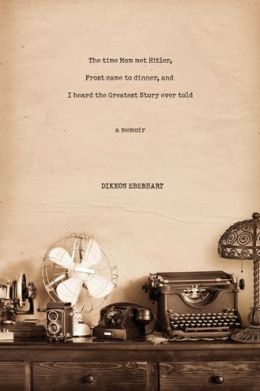 Book you're an evangelist for:
Book you're an evangelist for:
Did you say "books?" I'm sure you said "books." So... books--three of them.
Come Spring by Ben Ames Williams. It's hard to imagine that an 866-page Maine coast, frontier adventure and love story could be a page-turner, but this is one. Once you've read the book and fallen in love with the characters, go to Union, Maine, and take the tour. See their gravestones. This is an extraordinary work of historical re-creation that allows us to experience the hard life of our forebearers, until--come spring--it got better.
Booked: Literature in the Soul of Me by Karen Swallow Prior. Not only is this memoir exquisitely written and personally delightful, it is structured admirably. For each of Prior's age ranges, she has selected a single novel, poem or play that she encountered at that age, and she allows us to participate in her maturation as she discusses her reaction to each of them, stage by stage. Bravo!
The Nine Tailors by Dorothy L. Sayers. In my opinion, the greatest mystery story ever published.
Book you've bought for the cover:
Many, many when I was younger, particularly if the cover displayed a female nude. Today, I am not as easily seduced. I need assurance that the content will be helpful. Caravaggio: A Life Sacred and Profane by Andrew Graham-Dixon is an example. I might not have bought this book when I saw it last year--485 pages, heavy in the hand, how much more do I really need to know about Caravaggio?--had it not been for its cover. I could not take my eyes off the artist's self-portrait on the book's cover. The deal was done when I saw the cover across the bookstore. I hadn't even walked over to the book yet, and already I had bought it in my heart. And--had I not bought it, how sad I should be today. Simply, the book is wonderful.
Book that changed your life:
Ernest Hemingway's Complete Short Stories. Here's what I thought in my early 20s, after about my 10th read-through. I was seeking a writing career--but not in poetry! What I thought was this: if I could do what Hemingway had done in "Big Two-Hearted River," that is, to cause the reader to feel the power of the big fish down below, while keeping the reader's attention only on the bright, rippling surface above, then, when I came to die, I should not just have been hanging around and breathing up the air.
Favorite line from a book:
"Call me Ishmael." --Moby-Dick, Herman Melville. Not because the line itself is so great, but because of what experience, in retrospect, it promises for the reader. Yet it is a good line; I cannot image someone reading this first sentence at the beginning of a novel and not reading the second sentence.
Which character you most relate to:
Impossible question given the thousands and thousands I have encountered. But here's a way to put it that makes some sense. Let's confine it to Tolkien. First, it was Frodo. I desired to be the hero, reluctant as Frodo was to be one. I was young then. But as I grew older, I related more to Sam. I was a worker, a father, a man who would do anything to get the job done for the support of those who depended on me. Now, older still, it's Bilbo. It's Bilbo at the end of the trilogy--he who had his adventures in the past, he who came to understand how perpetual the struggle is and he who, now contemplative, had worked hard to finish his book about it.
Book you most want to read again for the first time:
J.R.R. Tolkien's The Lord of the Rings. Here's my fantasy: I'll read it to my grandchildren when they are old enough to have lived past The Hobbit and are hungry for redder meat. But, in reality, by then my son-in-law will probably have captured their attention with his love of the book. What I want is that I should be their first reading voice. Then I could enjoy the intensity of their first experience so delightfully that it would be, for me, like reading that masterpiece again for the first time.
Five books you'll make certain never to lose, whether you'll read them again or not:
Brideshead Revisited by Evelyn Waugh. The Riddle of the Sands by Erskine Childers. The Alexandria Quartet by Lawrence Durrell. Living the Good Life by Scott and Helen Nearing. The Long Way by Bernard Moitessier.
Finally--a sixth: Collected Poems: 1930--1986 by Richard Eberhart.
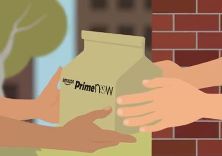










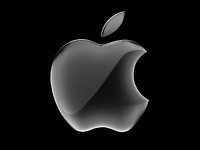 In a 2-1 ruling yesterday, the Second U.S. Circuit Court of Appeals in Manhattan upheld a 2013 decision
In a 2-1 ruling yesterday, the Second U.S. Circuit Court of Appeals in Manhattan upheld a 2013 decision 
 "Here's your chance to go to Panem without being killed by teenagers," USA Today noted in showcasing
"Here's your chance to go to Panem without being killed by teenagers," USA Today noted in showcasing 
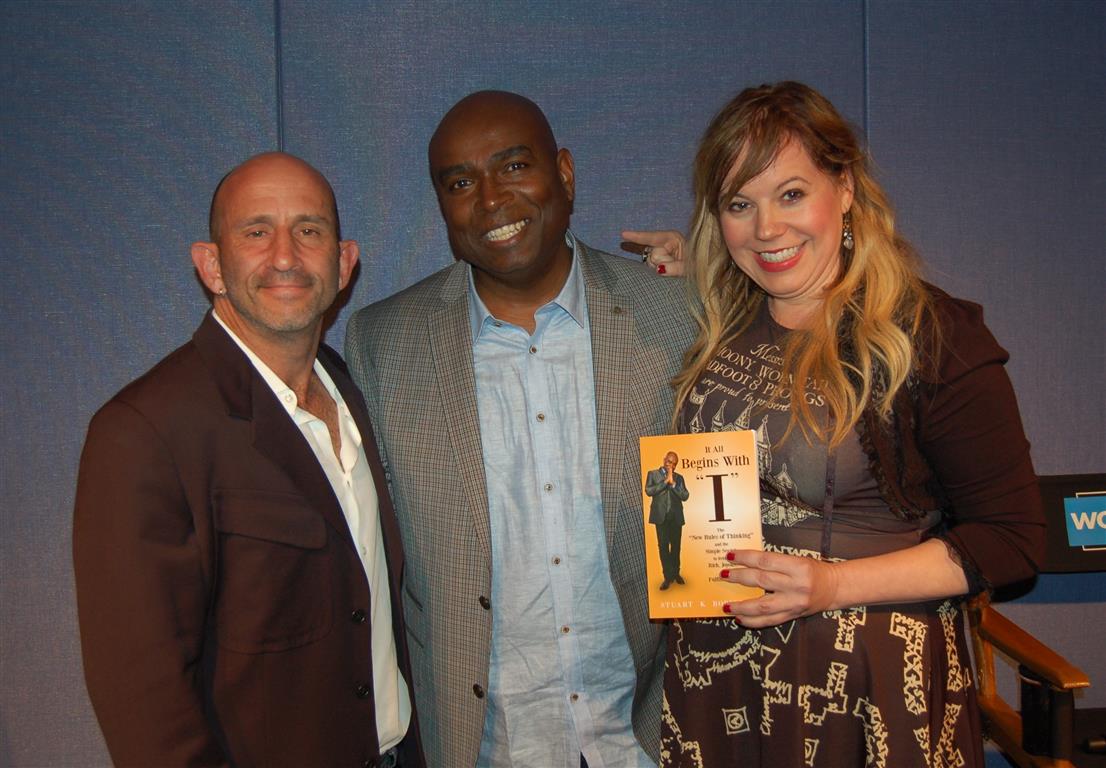 Stuart K Robinson (center) kicked off his seven-city tour for It All Begins with 'I' (Tallfellow Press) with two SRO events. Following a stop at Barnes & Noble in Santa Monica, Calif., where he was in conversation with Tony-nominated actress and playwright Charlayne Woodard, Robinson appeared at the Writers Guild Foundation for a conversation with Christopher Neiman (American Horror Story) and Kirstin Vangsness (Criminal Minds).
Stuart K Robinson (center) kicked off his seven-city tour for It All Begins with 'I' (Tallfellow Press) with two SRO events. Following a stop at Barnes & Noble in Santa Monica, Calif., where he was in conversation with Tony-nominated actress and playwright Charlayne Woodard, Robinson appeared at the Writers Guild Foundation for a conversation with Christopher Neiman (American Horror Story) and Kirstin Vangsness (Criminal Minds).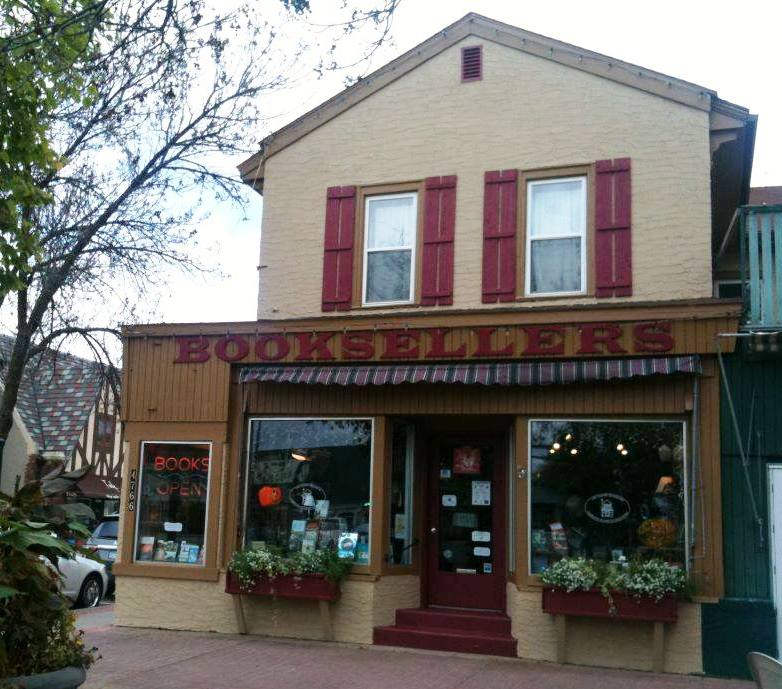 Congratulations to
Congratulations to 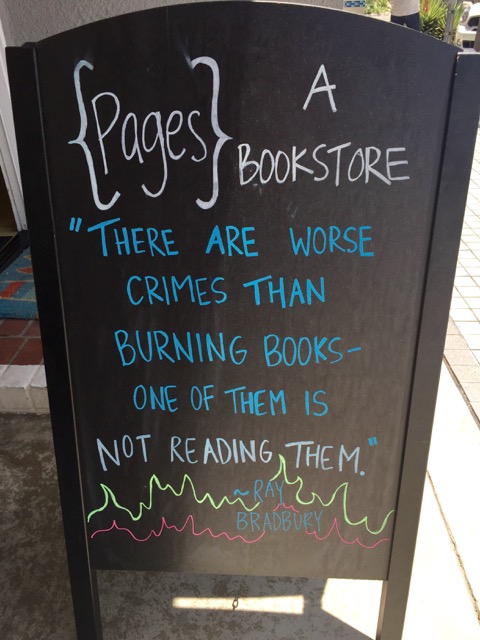 Ray Bradbury's words of wisdom graced the sandwich board outside
Ray Bradbury's words of wisdom graced the sandwich board outside 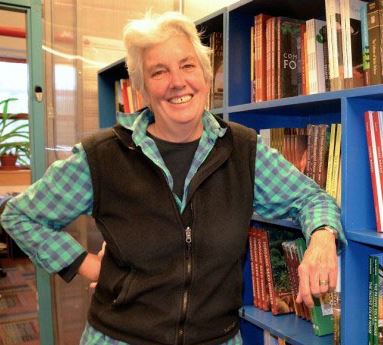 "Publishing is a creative endeavor, not a formula," Margo Baldwin, president and publisher of Chelsea Green Publishing, White River Junction, Vt., told the Valley News, which profiled the
"Publishing is a creative endeavor, not a formula," Margo Baldwin, president and publisher of Chelsea Green Publishing, White River Junction, Vt., told the Valley News, which profiled the 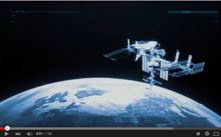 Ghost Fleet: A Novel of the Next World War
Ghost Fleet: A Novel of the Next World War Son of Richard Eberhart, U.S. Poet Laureate and winner of the Pulitzer Prize and the National Book Award, young
Son of Richard Eberhart, U.S. Poet Laureate and winner of the Pulitzer Prize and the National Book Award, young  Book you're an evangelist for:
Book you're an evangelist for: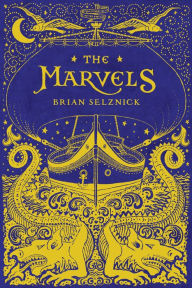 Brian Selznick (The Invention of Hugo Cabret; Wonderstruck) once again merges a visual and textual story line, with themes of family and a search for home, to deliver an emotional wallop at the finish.
Brian Selznick (The Invention of Hugo Cabret; Wonderstruck) once again merges a visual and textual story line, with themes of family and a search for home, to deliver an emotional wallop at the finish.